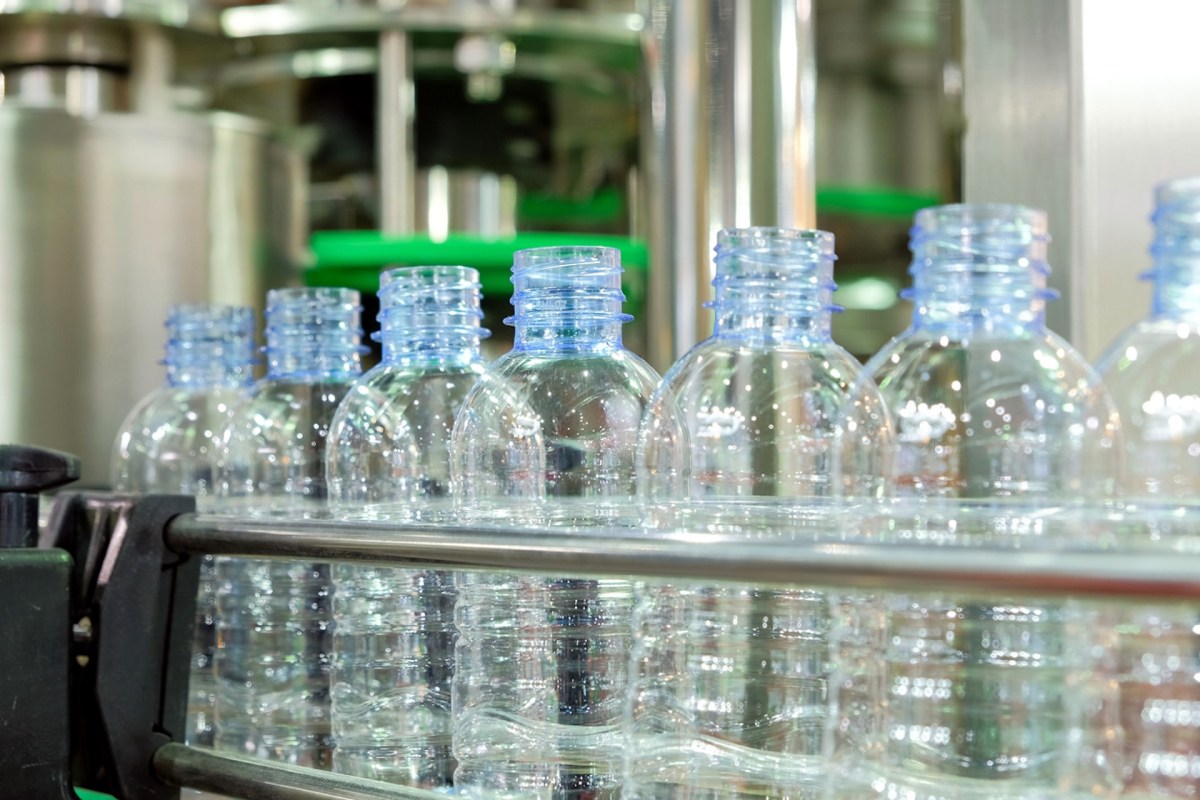Plastic is one of the most harmful types of garbage produced in large amounts worldwide. One of the major pain points is how difficult it is to recycle. A new report showed that major plastic producers have known that recycling isn't a good solution for more than 30 years — they just lied about it, the Guardian said.
What happened?
Some materials, such as glass and aluminum, can be recycled easily and endlessly with little to no loss. But plastic isn't one of them. It has to be perfectly sorted first, since different kinds of plastic have different chemical contents and can't be recycled together; and even when it's handled perfectly, the recycling process degrades it, so it can only be reused a handful of times, the Guardian explained.
Now, an advocacy group called the Center for Climate Integrity said that plastic manufacturers knew all that as early as 1986, based on internal communications from the trade association the Vinyl Institute. The association's documents specifically said that "recycling cannot be considered a permanent solid waste solution [to plastics], as it merely prolongs the time until an item is disposed of."
Nevertheless, as the Guardian reminded us, the plastic industry has continued to push a narrative in which consumers are responsible for low recycling rates and the environmental impact of plastic — all while pocketing the profits from manufacturing an endless stream of single-use plastic products specifically designed to go in the garbage.
"It's clearly fraud they're engaged in," said Richard Wiles, president of the Center for Climate Integrity.
Why does the plastic industry's deception matter?
Single-use plastics cost Americans a shocking amount. For example, if you buy bottled water, you're spending almost $260 a year more than someone who uses a disposable water bottle.
Watch now: What's the true environmental impact of renewable energy?
All the unnecessary packaging drives up prices while creating an obscene amount of trash that ends up in landfills, on the ground, or in the ocean. Meanwhile, plastic products shed microplastics, which have been linked to cancer.
Recycling campaigns and greenwashing help plastic producers hide these facts from consumers. They make it harder for buyers to make smart and eco-friendly choices and for lawmakers to create fair and informed regulations.
What can be done about the plastic situation?
While the report doesn't accuse industry leaders of breaking any laws, co-author Alyssa Johl told the Guardian she suspected they violated public nuisance, racketeering, and consumer fraud laws — and still do. Charges might help expose the lies to the public and end the industry's scheme.
Some areas are also banning the most harmful single-use plastics. You can eliminate them from your lifestyle too by choosing reusable alternatives.
TCD Picks » Quince Spotlight
💡These best-sellers from Quince deliver affordable, sustainable luxury for all
Join our free newsletter for cool news and actionable info that makes it easy to help yourself while helping the planet.













